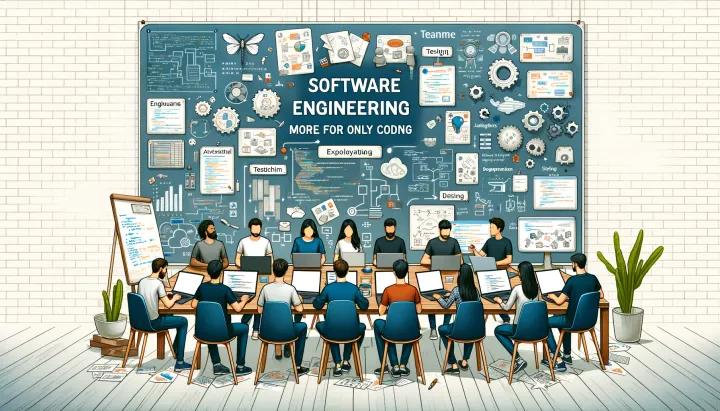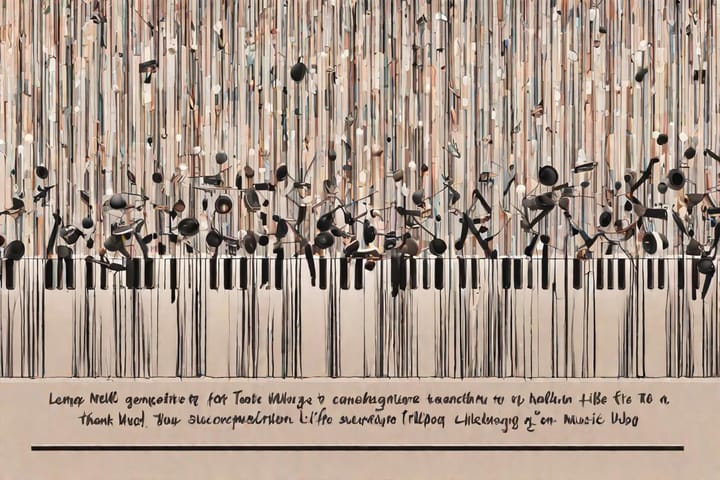How to be a more productive Engineer 3: Manage your day

In our quest for productivity, we often find ourselves caught in a swamp of tasks, racing against the clock to accomplish as much as possible. We often overlook a fundamental truth: how we navigate our day greatly impacts our overall well-being and effectiveness.
To me, it's all about the right pace I have two principles I try to follow: taking breaks and starting and stopping my work on time, let's dig deeper:
Take breaks
This might seem counterintuitive but taking breaks makes you more productive just because you give your brain some chance to breath, what does this mean?. Have you ever been working on a feature, debugging an issue and felt blocked? like, you don’t know what to do, what else to try or that the next step should be?, this is usually because you’re locked inside the problem you’re trying to solve, think of it as a box, it’s very difficult to find something when you’re inside the box, it’s better to take some distance and look at it from a different perspective that lets you see what you’re searching for. It’s very difficult to find a failure anywhere if you’re looking at it too closely, you might be looking at the wrong place, taking some distance and looking at it from afar makes it easier to spot anomalies and then just zoom-in there again.
That’s exactly what happens when you take a break, you take some distance from the problem, allowing your brain to look at it from afar, your unconscious mind will continue working on the problem while you drink a cup of coffee or read some other material or (if you work from home and have kids) go change some diapers. Once you come back to the thing you were working on, it will be more clear or, at least, you’ll have some hints on where to go next.
This also applies to taking vacations. When you’re too tired or burnt out by work, your motivation decreases and your work doesn’t come out as easy or with the same quality, this is also when you consider switching jobs. Taking a couple of days off to rest and disconnect from work when a weekend is not enough to recover is a wise time investment, for me, after one of those hard-deadline, time-sensitive, critical projects I try to extend the weekend, at least 1 day, then I come back fresh and ready for another round.
Take a break when you feel you need it, your body and your employer will thank you for it.
Start and stop on time
Yes, this is the most important advice. We often see Engineers working until late evening, it’s not about the hours, it’s about the quality of the time you put into everything you do, I’d rather work 20min on something but really focused than 4 hours but all over the place.
Work will always be there, it never ends, if you start and stop working on time you’re not doing anything wrong, it’s just the way it should be. Working remotely this is especially tricky because you don’t have the pressure of commuting, you can stretch a few minutes to wrap up, but that’s it!, when it’s time, close your laptop and go to your family, otherwise working after-hours becomes a habit and you won’t be productive during office hours because you’ll be thinking on finishing after-hours.


